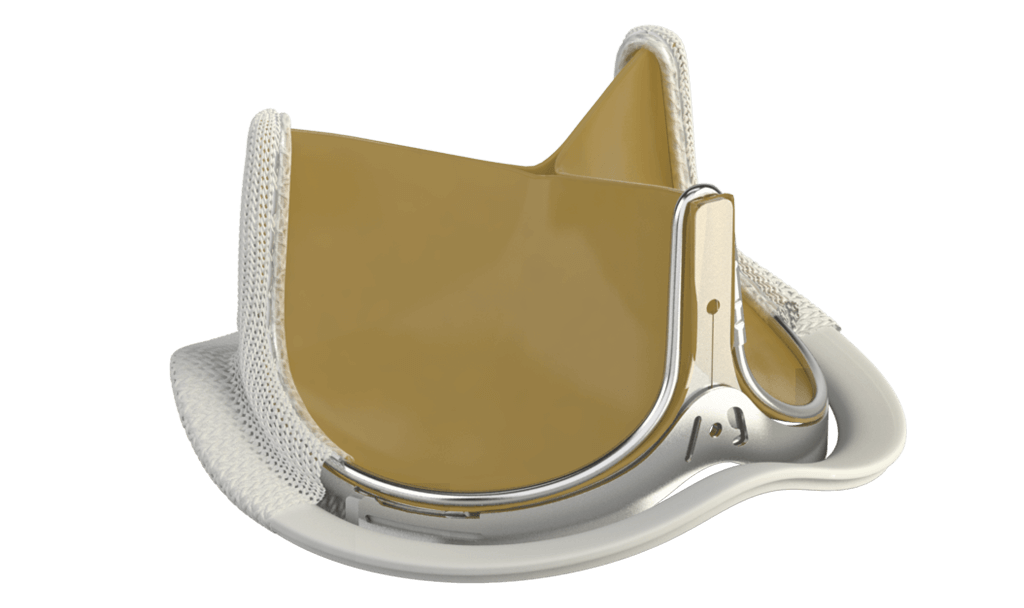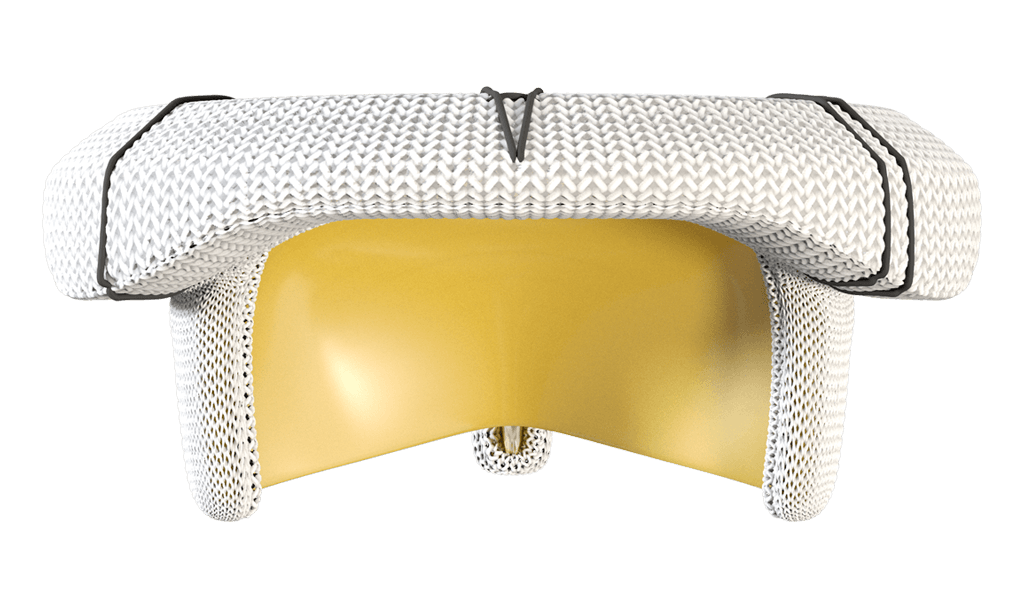Promising data. Inspiring results.

Edwards Lifesciences is committed to continued scientific advancement, and studies that investigate the safety and performance of new technologies.
Our trials aim to build upon one another by adding new variables which further challenge valve safety and efficacy. Our COMMENCE trial increased the patient population from the EU Feasibility trial, and the RESILIENCE trial is designed to look at different outcome measures to help further establish long-term valve durability.
Learn more about the current methodologies, promising results and conclusions of the various RESILIA tissue studies below.
RESILIA tissue is building a track record of study data.
| Start Year | Description |
| 2010 | Juvenile sheep study |
| 2011 | EU human feasibility study in Poland |
| 2012 | Aortic/mitral COMMENCE IDE study |
Juvenile Sheep Study
Methods
- 45 juvenile sheep were randomized and either a PERIMOUNT mitral valve (6900P, control group) or the same valve design incorporating the RESILIA tissue preservation technology (test group) was implanted in the mitral position
- All valves were 25 mm
- A transthoracic echocardiography was performed at 1 week and at 8 months postoperatively
- Necropsy was performed at 8 months, and the valves were examined radiographically (soft tissue radiograph), histologically (hematoxylin and eosin and Von Kossa staining), and chemically (calcium content)
For a more detailed overview of the Juvenile Sheep Study methodology and results, please see link to clinical paper details.
Juvenile Sheep Study Clinical Paper Details
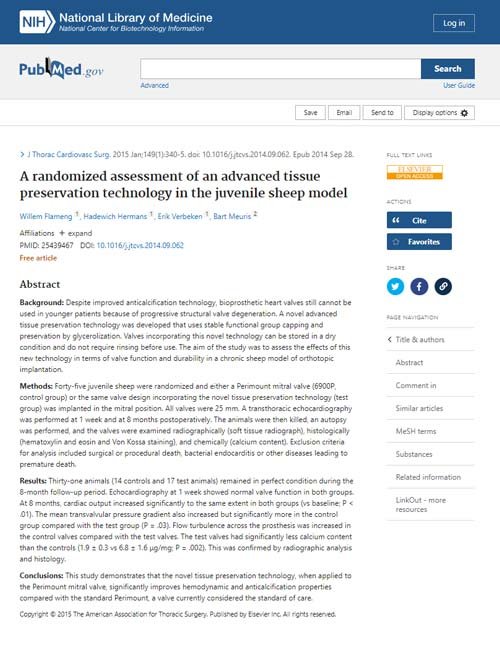
Flameng W, et al. J Thorac Cardiovasc Surg. 2015;149:340–5.
Juvenile Sheep Study Clinical Paper Details

Pannus Formation Study
Methods
- This publication reports the outcomes of two independent studies using a juvenile sheep model of mitral valve replacement with bovine pericardial tissue
- In an 8-month study, valves with RESILIA tissue were compared to control valves with XenoLogiX treatment (XLX)
- In a 5-month study, valves with RESILIA tissue were compared to control valves treated with the ThermaFix process (TFX)
- Control valves were commercially available Carpentier-Edwards PERIMOUNT mitral valves, models 6900P, and 7000TFX*. Test articles were the same models configured with RESILIA tissue
- Explanted valves were examined macroscopically and histologically. Histological observations were made by an independent pathologist, blinded to group identity
- Independent means of pannus quantification were employed in the two studies
For a more detailed overview of the Pannus Formation Study methodology and results please download the clinical summary.
Pannus Formation Study Clinical Summary
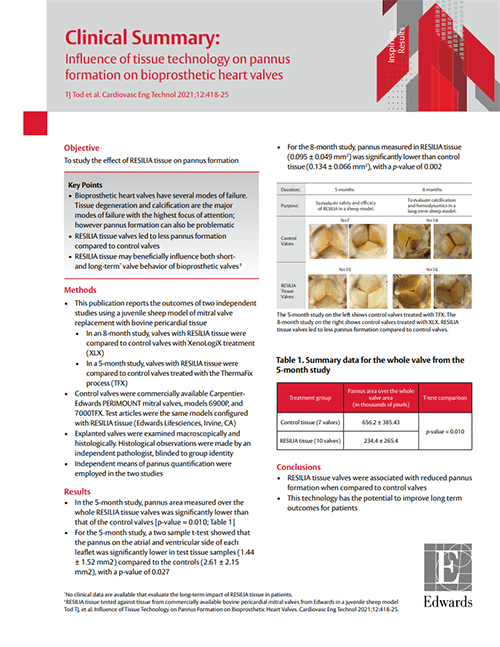
TJ Tod et al. Cardiovasc Eng Technol 2021;12:418-25.
* The 7000TFX valve model is no longer CE marked
Pannus Formation Study Clinical Summary

EU Feasibility Study
EU Feasibility Study Clinical Summary
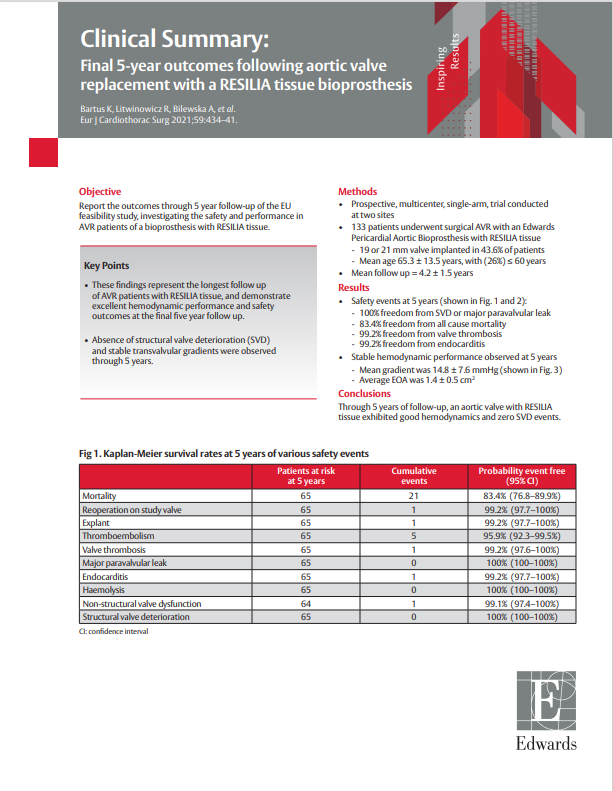
Methods
- Prospective, multicenter, single-arm, trial conducted at two sites
- 133 patients underwent surgical AVR with an Edwards Pericardial Aortic Bioprosthesis with RESILIA tissue
- Mean age 65.3 ± 13.5 years, with (26%) ≤ 60 years
- 19 or 21 mm valve implanted in 43.6% of patients
- Median follow up = 5 years; Total late follow-up time of 565.2 patient years (LPY)
For a more detailed overview of the EU Feasibility Study methodology and results please download the clinical summary.
Bartus K et al. Eur J Cardiothorac Surg 2021;59:434-41.
EU Feasibility Study Clinical Summary

COMMENCE Aortic Trial
Methods
COMMENCE Trial Clinical Summary
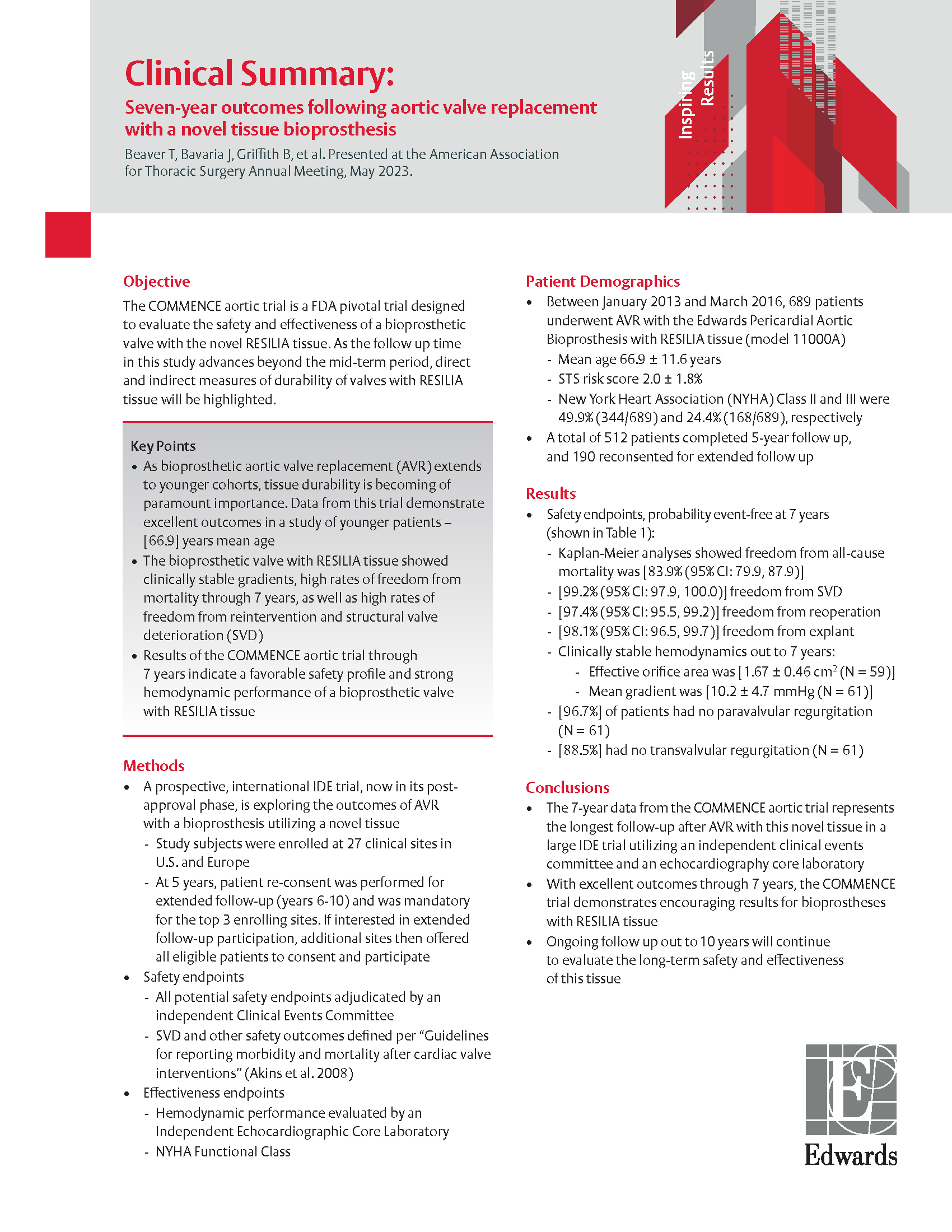
- Prospective, multinational, multicenter (n = 27), single-arm, FDA Investigational Device Exemption trial
Full Cohort
- Between January 2013 and March 2016, 689 patients underwent AVR with the Edwards Pericardial Aortic Bioprosthesis with RESILIA tissue (model 11000A)
- Mean age 66.9 ± 11.6 years
- STS risk score 2.0 ± 1.8%
- NYHA Class II and III were 50% and 24%, respectively
- A total of 512 patients completed 5-year follow up
Re-Consented Cohort
- A total of 225 patients were re-consented for extended follow up
- Mean age 65.1 ± 10.9 years
- STS risk score 2.1 ± 2.1%
- NYHA Class II and III were 43% and 19%, respectively
- A total of 195 patients completed 7-year follow up
For a more detailed overview of the COMMENCE trial methodology and results please download the clinical summary.
Bavaria JE et al. Ann Thorac Surg 2022 doi: https://doi.org/10.1016/j.athoracsur.2021.12.058
COMMENCE Trial Clinical Summary

COMMENCE Mitral Trial
Mid-term outcomes of the COMMENCE trial investigating mitral valve replacement using a bioprosthesis with a novel tissue5
The COMMENCE trial is an ongoing prospective study to evaluate mitral valve replacement (MVR) using valves with RESILIA tissue.
Methods
- Prospective, multi-center (17 sites), single-arm, Investigational Device Exemption trial
- 82 patients underwent MVR with the Edwards Pericardial Mitral Bioprosthesis with RESILIA tissue (model 11000M)
- Median patient age was 70 years with 52.4% of patients aged 70 years or above
- Median follow-up for the study cohort was 5.1 (1.4) years, with a total of 374.2 patient-years in aggregate
- A total of 54 patients completed 5-year follow up
COMMENCE Mitral Trial 5-Year Clinical Summary
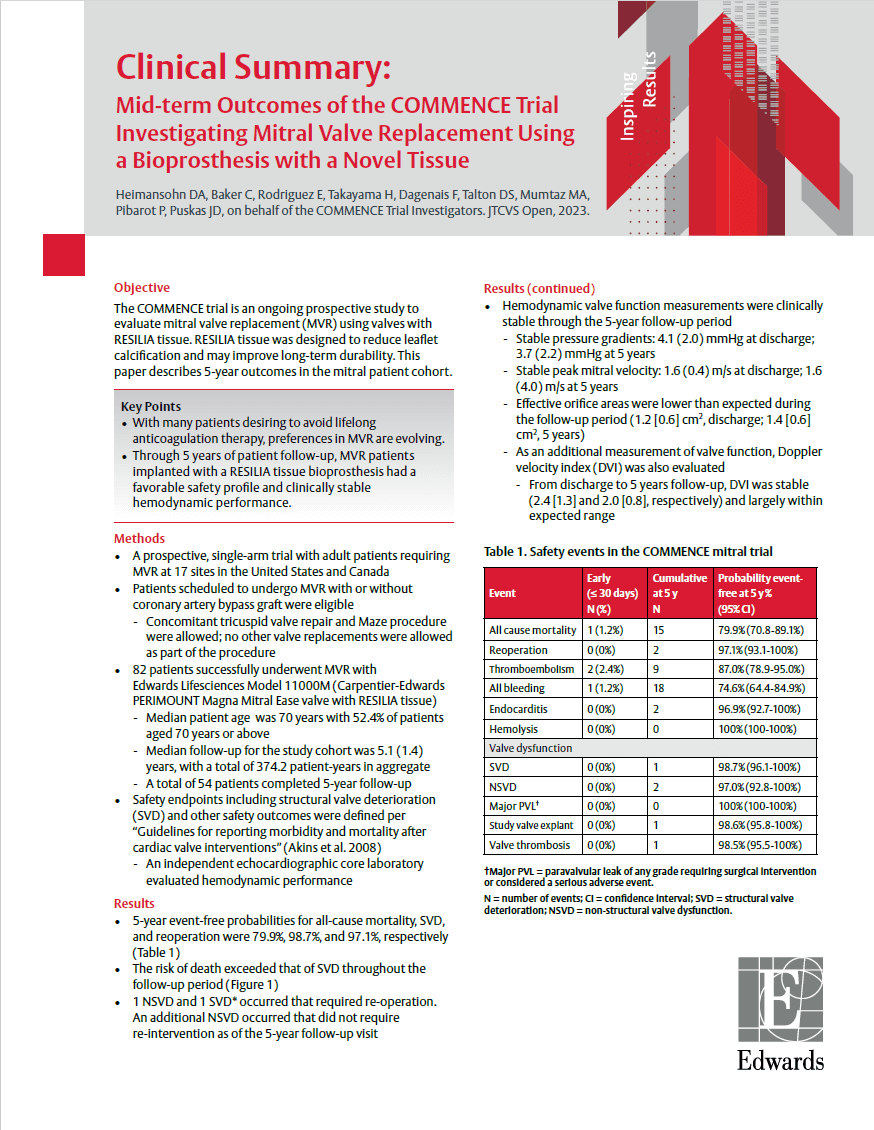
COMMENCE Mitral Trial 5-Year Clinical Summary

Featured Products
Explore our current RESILIA tissue products
References
No clinical data are available that evaluate the long-term impact of RESILIA tissue in patients. Additional clinical data for up to 10 years of follow-up are being collected to monitor the long-term safety and performance of RESILIA tissue.
- Flameng W, et al. J Thorac Cardiovasc Surg. 2015;149:340–5.
- Tod reference is: TJ Tod et al. Cardiovasc Eng Technol 2021;12:418-25.
- Bartus K et al. Eur J Cardiothorac Surg 2021;59:434-41.
- Beaver T, Bavaria JE, Griffith B, et al. Seven-year outcomes following aortic valve replacement with a novel tissue bioprosthesis. J Thorac Cardiovasc Surg. 2023 Sep 29:S0022-5223(23)00873-5.Epub ahead of print. PMID: 37778503.
- Heimansohn D, Baker C, Rodriguez E, et al. Mid-term outcomes of the COMMENCE trial investigating mitral valve replacement using a bioprosthesis with a novel tissue. JTCVS Open 2023;15:151-163.
Medical device for professional use
No clinical data are available that evaluate the long-term impact of RESILIA tissue in patients. Additional clinical data for up to 10 years of follow-up are being collected to monitor the long-term safety and performance of RESILIA tissue.
Medical device for professional use. For a listing of indications, contraindications, precautions, warnings, and potential adverse events, please refer to the Instructions for Use (consult eifu.edwards.com where applicable).

